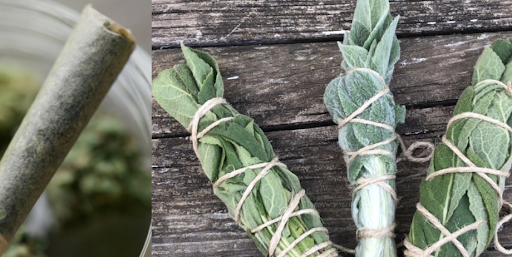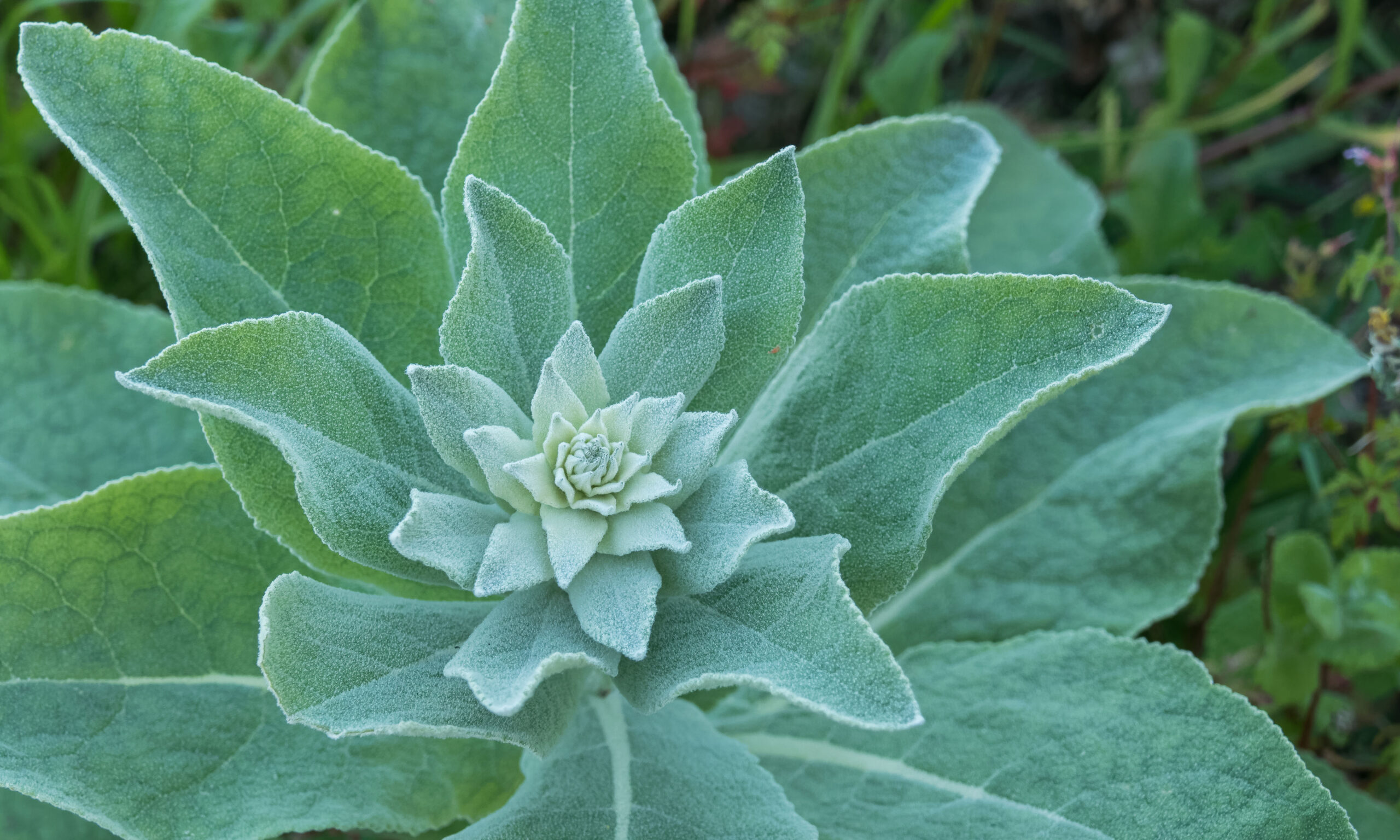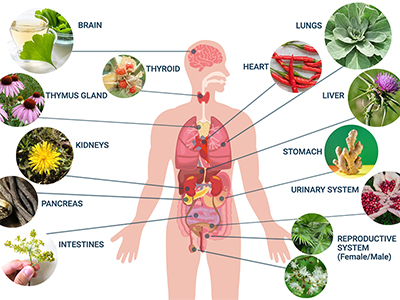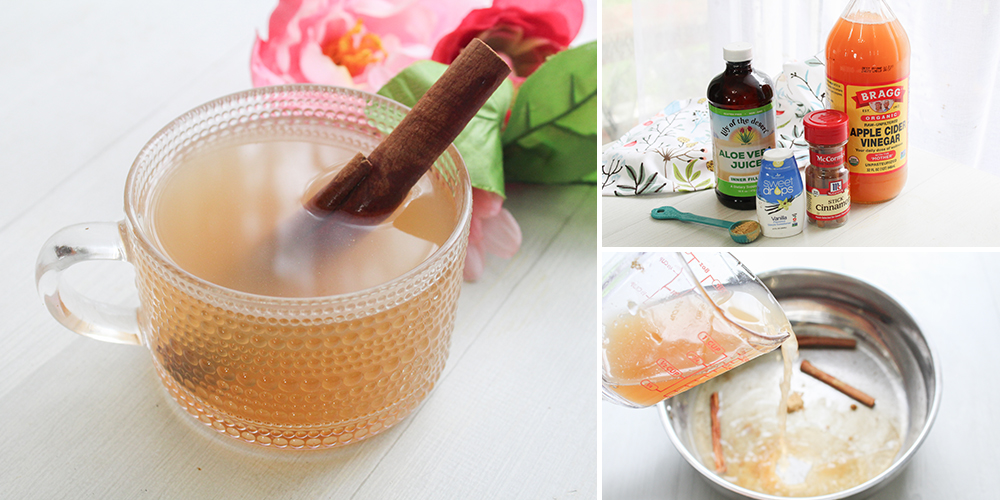
#1 Herb That Fights Asthma
Now here’s the part nobody tells you:
You could be starved of oxygen right now, and not even know it.
Struggling to breathe isn’t just uncomfortable… it’s dangerous. Over 262 million people suffer from asthma globally, and nearly 455,000 die from it each year.
But here’s the scary part:
Even a small blockage in your airways can cut off oxygen to your brain and heart. That’s when symptoms like confusion, seizures, and even irreversible brain damage begin to show up.
This isn’t just wheezing or a stubborn cough.
It’s your body quietly suffocating, one breath at a time.
The Importance of Clear Airways (and the Dangers of Blockage)
Here’s what happens when your airways aren’t clear:
Every breath delivers oxygen to your lungs, your blood, and every single cell in your body. But when even a little mucus or inflammation clogs those airways, that flow slows down.
At first, you might feel lightheaded… or tired. But inside, your oxygen levels are already dropping, a condition called hypoxia. It leads to rapid breathing, a pounding heart, confusion, even blue lips as your body desperately tries to compensate.
If it gets worse?
The brain and heart (the organs most hungry for oxygen) start breaking down. In extreme cases, this can lead to permanent damage or even death.
Meanwhile, your lungs fight their own battle.
Thick mucus can plug the bronchial tubes, completely blocking airflow. Left untreated, this buildup can collapse parts of your lungs.
That’s why asthma, bronchitis, and COPD are nothing to ignore, during an asthma attack, the small airways swell, flood with mucus, and air simply can’t get in.
But the damage doesn’t stop at your lungs.
Low oxygen weakens your heart, dulls your brain, and leaves you constantly fatigued. In kids, untreated asthma can stunt lung growth. In adults, it leads to poor sleep and foggy, low-energy days.
Blocked airways aren’t just uncomfortable.
They silently pull your whole body down.
What’s Clogging Your Lungs Without You Realizing?
If you’re having trouble breathing, there’s always a reason — and often, it’s several reasons piling up at once. These silent saboteurs inflame your airways, choke your lungs with mucus, and slowly rob you of oxygen.
Let’s break them down:
1. Asthma & Allergies: The Inflammation You Can’t See
Dust mites, pollen, mold, pet dander (even your favorite candle) can trigger airway swelling and mucus overload, especially if you have asthma.
During an attack, your airways constrict, fill with gunk, and suddenly… you can’t get air in or out.
Wheezing isn’t the problem. It’s a warning.
2. Smoking: The Most Legal Way to Destroy Your Lungs
Every puff scorches the tiny air sacs in your lungs.
It floods your airways with mucus, triggers chronic inflammation, and scars your lungs permanently.
Smoking causes up to 8 out of 10 COPD-related deaths. Chronic bronchitis (just one of the outcomes) is basically your lungs drowning in their own mucus.
Quitting is hard.
Living without breath is harder.
But here’s something most people don’t know…
There’s actually one way smoking might help, if you dry and burn the right plants.
No, I’m not saying smoking is healthy. But for people who can’t quit, or simply don’t want to, there’s an alternative that’s been used for centuries. A blend of specific herbs, when prepared properly, may actually help loosen mucus and open up the lungs, rather than destroy them.
One of those herbs… the one you’ll read about just below, has a long history of being used this way.
It’s not a cure. It’s not for everyone.
But it’s an option worth knowing about, especially if quitting feels out of reach.
👉 How This Herbal Smoke Blend Helps With Coughing, Wheezing, Mucus — Even Anxiety
3. Pollution & Household Toxins: The Air You Can’t Escape
Just stepping outside or cooking at home exposes you to particles that inflame and scar your airways.
City smog, secondhand smoke, fumes from cleaning sprays — they all chip away at your lungs.
You don’t have to be a smoker to have a smoker’s lungs.
4. Infections: The Ones That Leave Scars
Every cold, flu, or chest infection doesn’t just go away — sometimes, it leaves behind scar tissue and long-term damage.
Repeat infections can stretch and warp your airways, turning them into mucus-trapping pockets.
Over time, this leads to bronchiectasis — a chronic, irreversible lung disease most people have never even heard of.
5. Other Silent Blockers
Obesity compresses the lungs. Genetic disorders like alpha-1 antitrypsin deficiency make lungs deteriorate faster. And poorly managed asthma or COPD? They spiral into worse conditions if you don’t act now.
Here’s the hard truth:
Lung damage doesn’t usually happen overnight.
It builds slowly, breath by breath, until one day you can’t walk up the stairs without gasping.
The good news? You can fight back — starting today.
Avoid the triggers. Protect your lungs. And most importantly… support your airways with what nature has always offered.
There’s one herb in particular that stands out. It’s been used for centuries to calm inflammation, break up mucus, and help people breathe easier.
The #1 Herb for Asthma That’s Hiding in Plain Sight
You’ve seen it before: tall, fuzzy, yellow-flowered, growing along the road like it owns the place.
That’s mullein. And believe it or not, that scruffy-looking plant has been saving lungs for centuries.
Long before antibiotics, mullein was used to fight off pneumonia, tuberculosis, asthma, and deep chest coughs.
Native Americans smoked it for breathing relief. Early settlers brewed the leaves into tea. And now? Science is catching up with what herbalists have known all along.
Here’s why mullein still matters… especially if you’re struggling to breathe easy:
It breaks up mucus fast.
Mullein is an expectorant. It helps thin and loosen gunk so your body can cough it out before it turns into a mucus plug (which can actually block airflow or even collapse parts of your lung)It calms inflammation in your airways.
Thanks to a soothing compound called mucilage and anti-inflammatory flavonoids, mullein can help open up tight, swollen passages, the kind that leave you wheezing and gaspingIt tones down relentless, dry coughing.
The kind that keeps you up at night and leaves your chest sore? Mullein helps quiet it, not by numbing you, but by reducing the irritation at the sourceIt helps your body fight off lung infections.
Studies show mullein extracts can block bacteria linked to pneumonia and even slow down viruses like the fluIt protects your lungs over time.
Breathing city air? Former smoker? Mullein is packed with antioxidants that protect lung cells from pollution and long-term damage
And the best part? It’s gentle, safe for most people, and easy to use. Whether you sip it as a tea or inhale it as steam, mullein helps you breathe the way your body’s meant to.
Still using inhalers, meds, or struggling with daily congestion?
Don’t ditch your treatments, but consider adding this plant to your routine.
Because every clear breath is a win. And mullein gives you more of them.
But what you’re about to see next, the steam remedy, is only the beginning.
Because this isn’t the only way our ancestors used this plant.
In fact, mullein was part of dozens of old-world formulas passed down quietly, outside the spotlight of modern medicine.
Formulas for lung infections. For mucus that wouldn’t budge. For coughs that lingered for months.
And even one that involved carefully drying and preparing this same plant… for smoking. Yes, smoking, not to damage your lungs, but to help heal them.
Of course, you won’t hear your doctor talk about that.
Why would they? If you had access to remedies this effective, there’d be no reason to come back for another appointment. And the pharmacies? They’d lose you as a customer.
The truth is:
Some of the strongest herbal lung recipes were never written in textbooks, but they’re finally being shared.
🧪 Inside this book, you’ll find step-by-step guides for the original mucus buster, the herbal smoke blend for wheezing and coughing, and over 250 natural remedies for everything from pain to parasites.
👉 Tap here to unlock the complete lung-clearing apothecary — before it disappears again.
Clear Your Lungs in 10 Minutes: Mullein Steam Inhalation
When your chest feels tight… when mucus won’t budge… when you’re wheezing from asthma or stuck in a coughing fit — this is the remedy you’ll be glad you knew.
A mullein steam is a fast, natural way to open airways and flush out lung congestion. The warm vapor loosens mucus, while mullein delivers its anti-inflammatory, expectorant power straight into your lungs.
Here’s how to do it right:
What You’ll Need:
- 1 large heatproof bowl
- 1 kettle of boiling water (about 1 quart)
- 1–2 cups dried mullein leaves or flowers
- 1 towel
How to Use It:
- Add boiling water to the bowl, then toss in your mullein. Let it steep for a minute as the herbal compounds release into the steam.
- Lean over the bowl (about 8–12 inches away), cover your head with the towel, and trap the steam.
- Close your eyes and breathe deeply through your nose and mouth for 5–10 minutes.
- Blow your nose, cough it out — whatever mucus breaks loose, get it out.
- Repeat later if needed (you can reheat the same batch once or twice that day).
Tip: NEVER microwave the bowl — uneven heating can cause dangerous steam bursts.
Why It Works:
Steam opens your bronchial tubes, boosts circulation, and hydrates inflamed tissue. But mullein takes it further — it helps break up mucus, soothes airway irritation, and makes breathing smoother almost instantly.
People with asthma, chest colds, or chronic congestion swear by it — because it works. And unlike drugstore decongestants, this remedy has no side effects (just don’t burn yourself).
So next time your lungs feel tight or your cough won’t stop, don’t reach for chemicals.
Reach for the herb your ancestors used.
Want to Make This Steam Even More Powerful?
You should — especially if you’re not 100% sure about the quality of your mullein.
The truth is, not all herbs are created equal. If your mullein wasn’t dried properly or comes from a questionable source, it could lose its potency — or worse, irritate your lungs even more.
But there’s a simple workaround.
A potent herbal extract combines that same herb with Lungwort Lichen — both known to clear stubborn mucus, calm coughing fits, and cool down inflamed airways in minutes.
You can sip it throughout the day in tea or water.
Or add a few drops directly to your steam bowl — and feel the difference with every breath.
👉 Get the most powerful, clean-sourced mullein tincture here — boosted with lung-clearing lichen
For Deeper Lung Repair, This Is What I’d Keep on Hand
Some folks want quick relief. Others want long-term lung protection. If you’re in that second group — if you’ve smoked, battled chronic bronchitis, or just want to keep your lungs resilient — it’s worth taking a bigger step.
This Lung Support Bundle includes not just that herbal tincture above, but also 4 other powerful remedies:
Dual-extracted Reishi and Cordyceps to calm inflammation and support immune and lung health
Stinging Nettle, which helps with allergies and histamine regulation
Yerba Santa, known to clear deep-seated mucus and soothe the respiratory tract
These aren’t just random herbs thrown together — each one has been hand-picked by an experienced herbalist to support breathing, immunity, and lung regeneration from multiple angles.
👉 Explore the complete Lung Support Bundle here — for people serious about healing.






thank you dr. greenwood for this thoroughly researched information!
Thank you so much, Maxwell! That means a lot.
I’m glad the research came through — my goal is always to make complex health info feel approachable and practical.
If you try the mullein steam or tincture, I’d love to hear how it goes!
Can you nebulize Mullein ?
Great question, Rhonda!
Mullein isn’t typically used in a nebulizer, mainly because the fine plant particles can be irritating if inhaled that way.
Instead, mullein works best as a steam inhalation (like the method shared in the article) or taken as a tea or tincture.
These methods allow the soothing compounds to reach your lungs without the risk of inhaling particles directly. 🌿
The pic of dirty mucus in my inbox was a turn off!
Thanks for the honest feedback, Virginia.
We definitely try to strike a balance between attention-grabbing and respectful… and sometimes that line gets a little blurry when trying to highlight just how serious mucus buildup can be.
I’ll keep your comment in mind for future visuals.
Appreciate you taking the time to say something!
Can mullein help with COPD?
Hi Susan! Yes, mullein has been used traditionally to support people with chronic respiratory conditions like COPD.
While it’s not a cure, it may help by loosening mucus, calming inflammation, and making breathing easier.
Many folks with COPD find relief using mullein steam or tinctures alongside their usual care.
Just make sure to check with your doctor before adding it in, especially if you’re on medications. 🌬️
Can you tell me if the Malabar nut could compliment this treatment